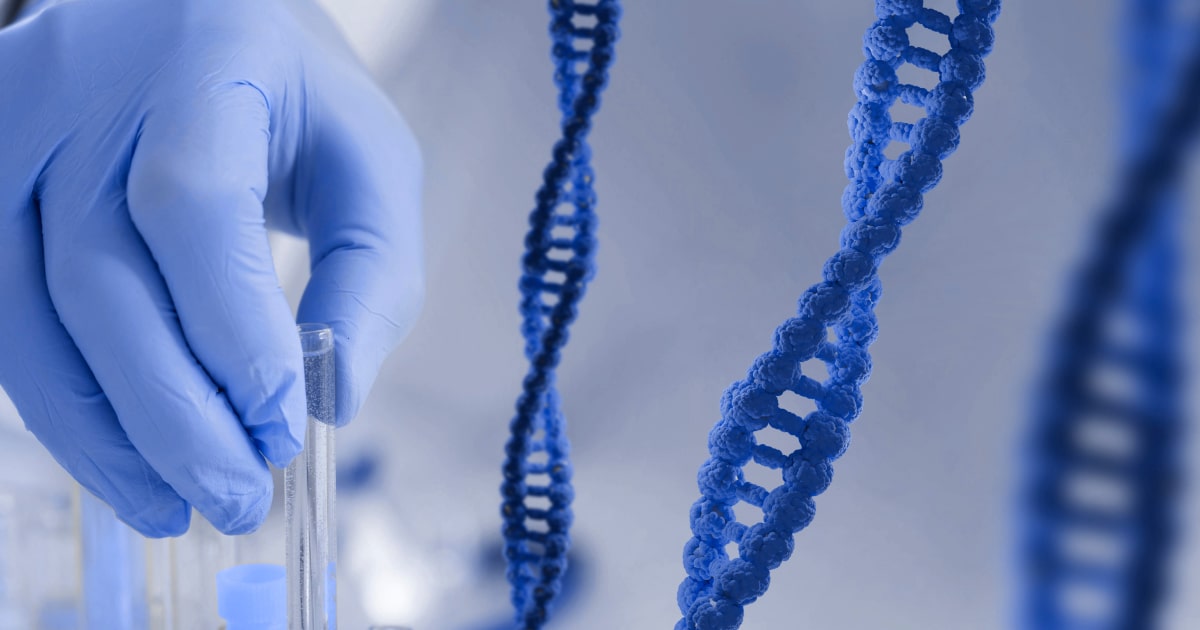
Expert Reviewed By: Dr. Brandon Colby MD
Understanding Braddock-Carey Syndrome 2
Braddock-Carey Syndrome 2 is a rare genetic disorder characterized by a combination of symptoms and physical abnormalities. These can include intellectual disability, developmental delay, seizures, and a distinctive facial appearance. The severity of the symptoms and the specific combination of features can vary widely from one individual to another. Because of its rarity, Braddock-Carey Syndrome 2 is not well-known, and many people remain unaware of its existence and impact on those affected by it.
Diagnosing Braddock-Carey Syndrome 2
Diagnosing Braddock-Carey Syndrome 2 can be challenging due to the variability in symptoms and the rarity of the condition. In many cases, a diagnosis is made based on a thorough clinical evaluation, including a detailed patient history, physical examination, and various specialized tests. These tests may include imaging studies, such as magnetic resonance imaging (MRI) or computed tomography (CT) scans, to assess any structural abnormalities in the brain or other organs.
In addition to clinical evaluation, genetic testing can play a crucial role in diagnosing Braddock-Carey Syndrome 2. This testing can help confirm the diagnosis and provide valuable information for affected individuals and their families.
Genetic Testing for Braddock-Carey Syndrome 2
Genetic testing is a powerful tool that can be used to identify the specific genetic mutation responsible for Braddock-Carey Syndrome 2. This information can be invaluable for both the affected individual and their family, as it can provide insight into the cause of the condition, guide treatment decisions, and inform family planning choices.
Diagnostic Testing
One of the primary uses of genetic testing for Braddock-Carey Syndrome 2 is to confirm a suspected diagnosis. In some cases, the clinical features of the condition may be subtle or overlap with other disorders, making it difficult to arrive at a definitive diagnosis based on clinical evaluation alone. Genetic testing can help to confirm the presence of a mutation associated with Braddock-Carey Syndrome 2, providing a more accurate and definitive diagnosis.
Carrier Testing
Carrier testing is another important use of genetic testing for Braddock-Carey Syndrome 2. This type of testing can be performed on individuals who have a family history of the condition or are at risk of being carriers of the genetic mutation. Identifying carriers can be important for family planning purposes, as it can help couples make informed decisions about their reproductive choices and the potential risk of passing the condition on to their children.
Prenatal and Preimplantation Genetic Testing
For couples who are at risk of having a child with Braddock-Carey Syndrome 2, prenatal and preimplantation genetic testing can provide valuable information. These tests can be performed during pregnancy or prior to in vitro fertilization (IVF) to determine if an embryo carries the genetic mutation associated with the condition. This information can help couples make informed decisions about their reproductive options and the management of their pregnancy.
Guiding Treatment and Management
Genetic testing can also play a role in guiding the treatment and management of Braddock-Carey Syndrome 2. By identifying the specific genetic mutation responsible for the condition, healthcare providers can gain a better understanding of the underlying cause and develop a more targeted and personalized treatment plan. This can help to improve the overall quality of life for affected individuals and their families.
Conclusion
Understanding, diagnosing, and using genetic testing for Braddock-Carey Syndrome 2 can be a complex and challenging process. However, with the advancements in genetic testing and the growing body of knowledge about this rare condition, affected individuals and their families can gain valuable insights and make more informed decisions about their healthcare and family planning choices. By raising awareness and promoting further research into Braddock-Carey Syndrome 2, we can continue to improve the lives of those affected by this rare disorder.
About The Expert Reviewer
Dr. Brandon Colby MD is a US physician specializing in the personalized prevention of disease through the use of genomic technologies. He’s an expert in genetic testing, genetic analysis, and precision medicine. Dr. Colby is also the Founder of and the author of Outsmart Your Genes.
Dr. Colby holds an MD from the Mount Sinai School of Medicine, an MBA from Stanford University’s Graduate School of Business, and a degree in Genetics with Honors from the University of Michigan. He is an Affiliate Specialist of the American College of Medical Genetics and Genomics (ACMG), an Associate of the American College of Preventive Medicine (ACPM), and a member of the National Society of Genetic Counselors (NSGC)